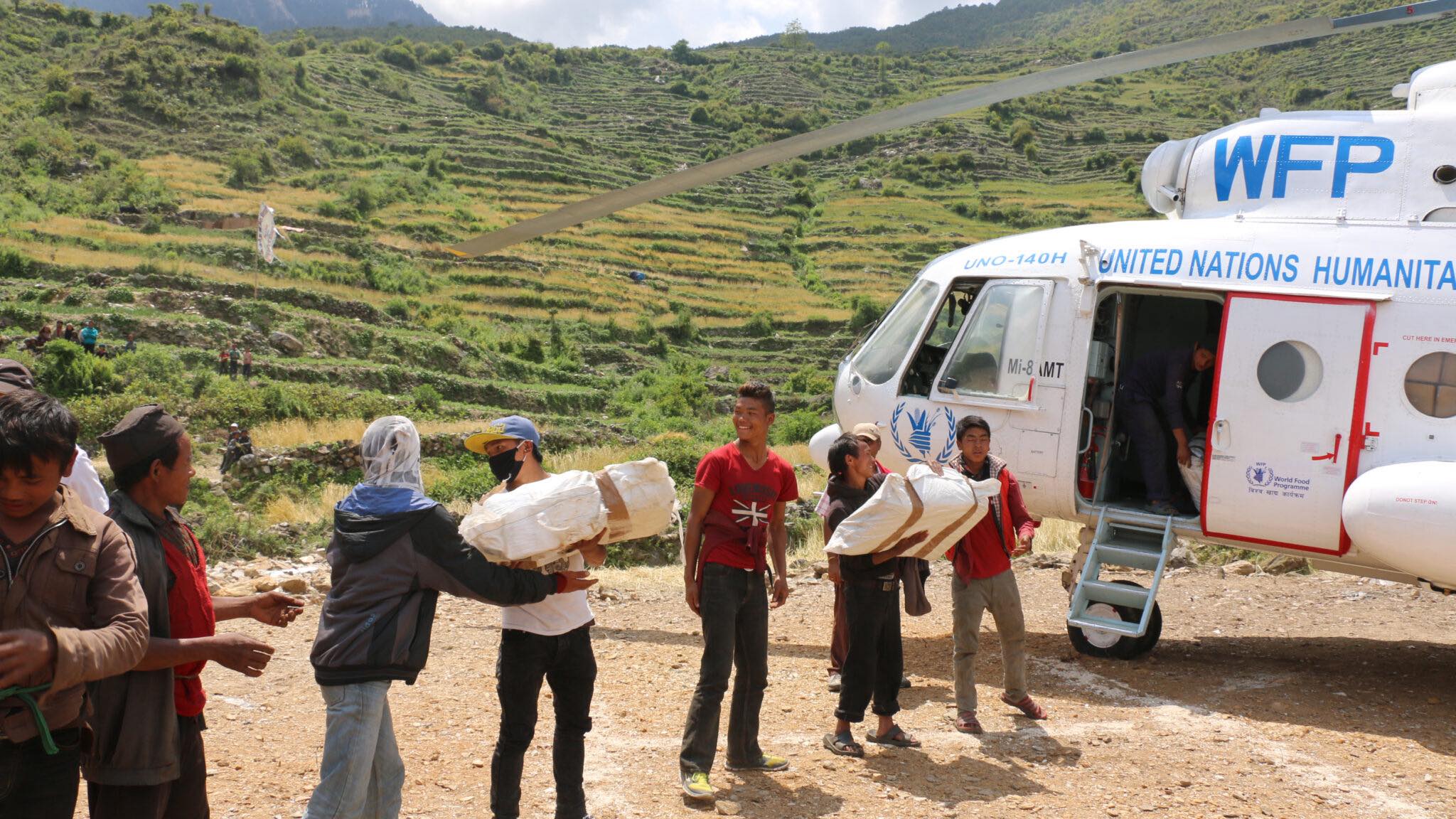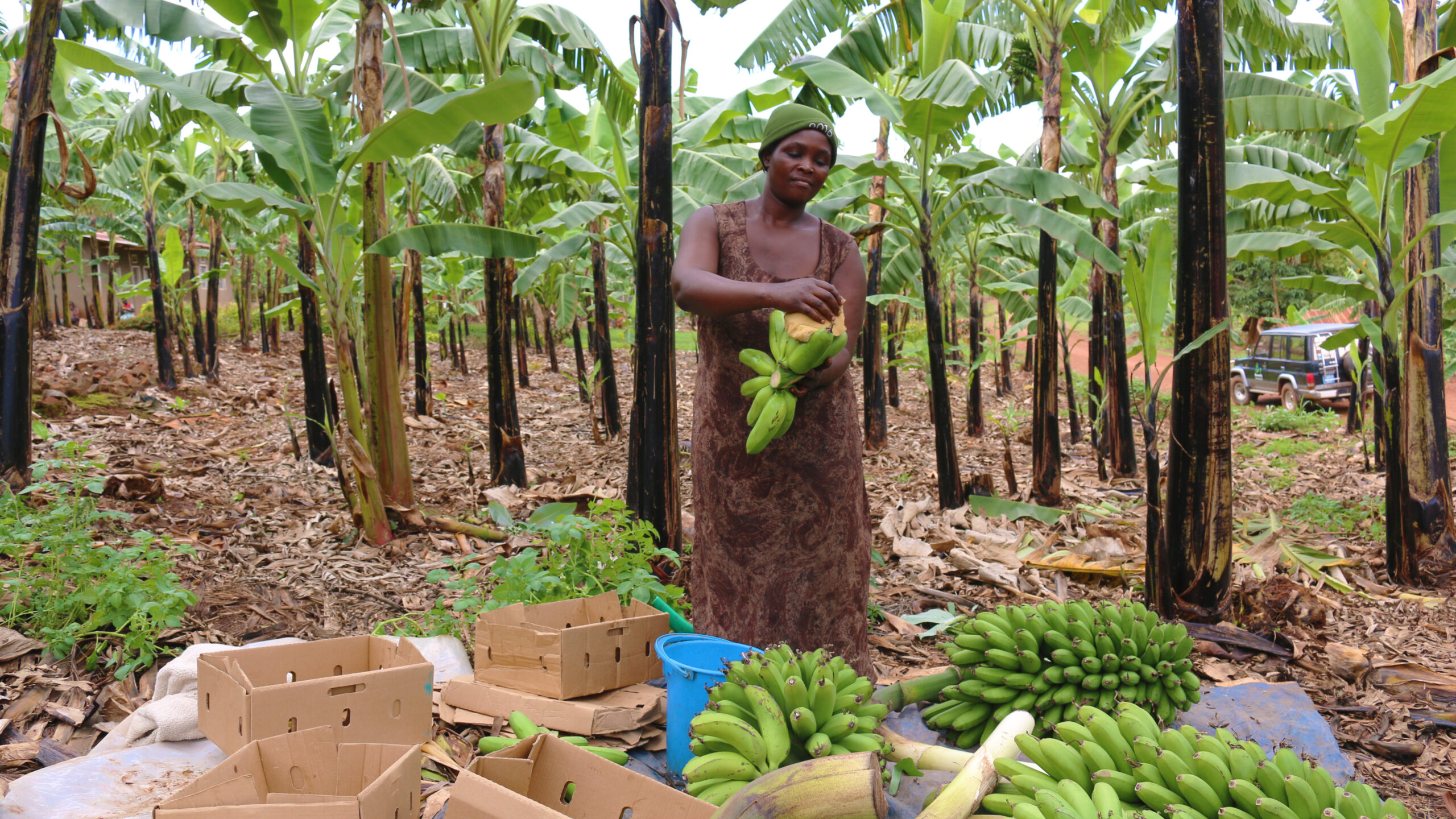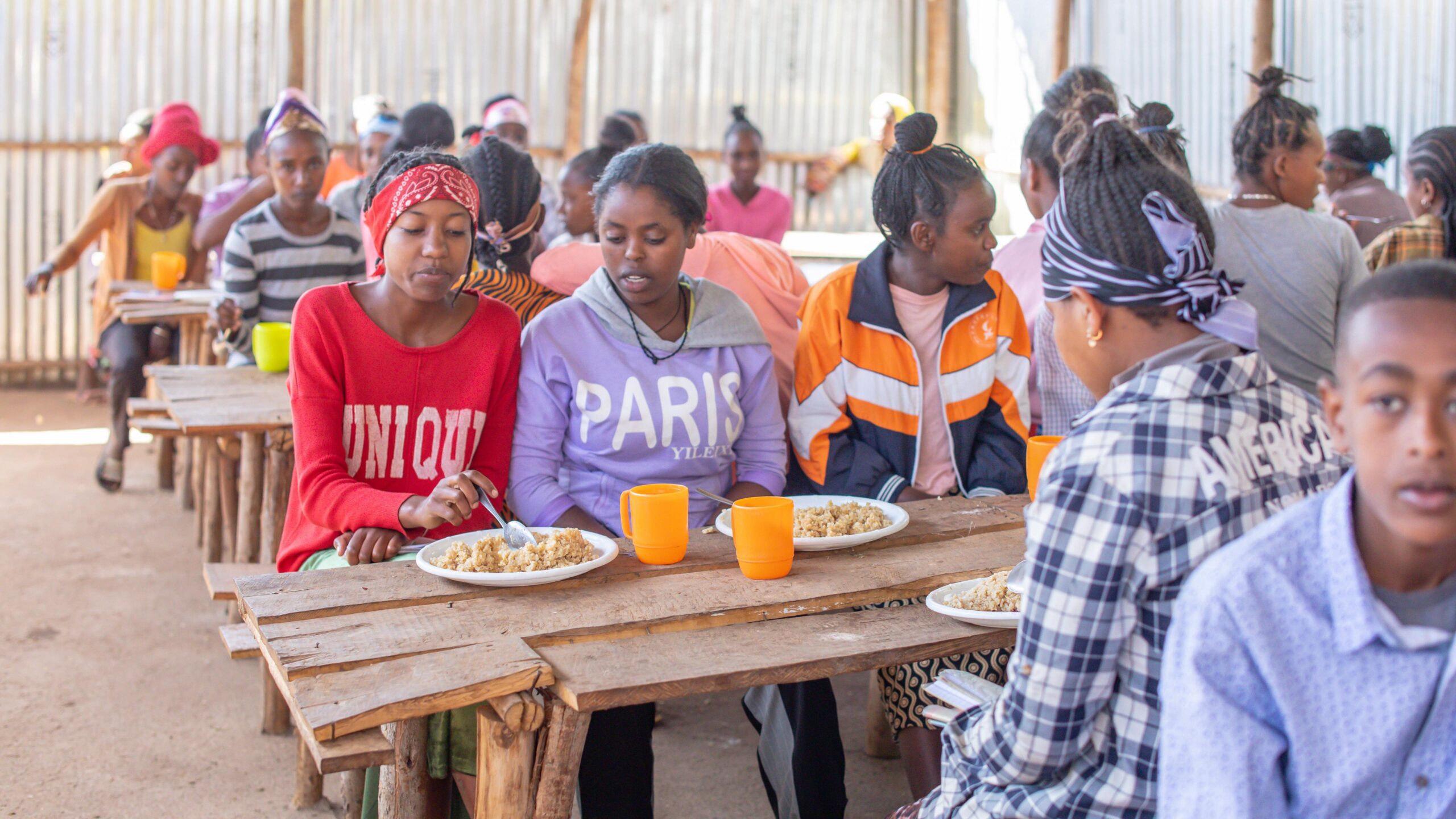Undernutrition is the underlying cause of death for 2.6 million pre-school children every year—one-third of all child deaths in that age group. For those who survive, poor nutrition undermines school performance and later earning capacity. And still, with human and economic costs so high, the world has made little progress in slowing the rate of undernutrition.
What can be done? A critical step is to gather research-based evidence and then use it to transform thinking and inspire effective action. That’s the thinking behind the Transform Nutrition Research Program, to be launched on October 16, 2012, World Food Day, in Dhaka, Bangladesh. Transform Nutrition is a five-year project, led by the International Food Policy Institute (IFPRI) and with five international partners: the Institute of Development Studies (IDS); International Centre for Diarrhoeal Disease Research, Bangladesh(ICDDR,B); Public Health Foundation of India (PHFI); Save the Children; and the University of Nairobi.
The launch- hosted by ICDDR, B- is a two-day working meeting to finalize the program’s ambitious research plans.
To showcase initiatives and findings, Transform Nutrition has launched a website—a collaboration between IFPRI, Save the Children and IDS .
“The case has been made for nutrition interventions, but these are not being scaled up fast enough,” explains David Nabarro, Special Representative of the UN Secretary General for Food Security and Nutrition. “Agriculture and social protection programs have a major potential to improve nutrition, but this is rarely exploited. Addressing undernutrition can free millions of children to fulfill their potential. For this to happen, nutrition needs to be made a political and development priority. Transform Nutrition’s research agenda is designed to help make this happen.”
The project will focus on the highest burden regions of South Asia and Africa south of the Sahara, specifically Bangladesh, India, Ethiopia, and Kenya. More specifically, the research will narrow in on the “critical window of opportunity,” a child’s first 1000 days from conception to 24 months, which is when interventions can have the greatest impact.
“Nobody is against addressing undernutrition, but it is an issue that has been neglected.” says Stuart Gillespie, an IFPRI Senior Researcher and CEO of Transform Nutrition. “Political leaders, ministries, and program implementers need evidence to support more effective action. Our team, which includes world leaders in this field, can now start work on new research.”
For more information please visit the Transform Nutrition website.







